Project Consultation for Multi-State Cooperatives: Best Practices & Pitfalls

If you’ve ever tried to register a multi-state cooperative society in India, you know it’s not for the faint-hearted. Between legal frameworks, state coordination, member mobilization, and getting your paperwork right, the process can easily become overwhelming. That’s why the role of project consultation in this space is more crucial than ever—especially if you’re navigating from Kerala, a state known for its strong cooperative movement but equally intense bureaucratic nuances.
In this blog, I’ll walk you through practical advice, lessons learned from real-world scenarios, and strategies that can help you avoid costly mistakes when planning or registering a multi-state cooperative. Whether you’re working with a consulting firm or going solo, this guide will give you clarity.
Understanding the Basics: What Is a Multi-State Cooperative Society?
A multi-state cooperative society is registered under the Multi-State Cooperative Societies (MSCS) Act, 2002. Unlike a typical state cooperative, these societies operate across state borders. For example, a milk producers’ cooperative that collects from Kerala and Tamil Nadu and sells in Karnataka would need multi-state registration.
Such societies are governed by the Central Registrar, not the State Registrar. This means a centralised set of rules but decentralised operations. And that’s where complexity begins.
Why Project Consultation Matters
Let’s say you’re a group of organic farmers from Wayanad and Coimbatore planning a federation for marketing and logistics. You may have a clear vision, but without a consultant who understands both regional nuances and central laws, your application could be delayed or rejected.
This is where experienced project consultants like Cooperative Bhavan and other multi-state consulting firms in India come in. They understand the paperwork, bylaws, feasibility reports, and compliance formats. Most importantly, they help bridge the gap between your grassroots-level goals and Delhi’s desk-level expectations.
Best Practices for Multi-State Cooperative Project Planning
1. Start with a Solid Feasibility Report
Before even applying, develop a strong feasibility study. This isn’t just a formality. It’s the spine of your entire application. The Central Registrar will want to know:
- Why you need multi-state operations
- How you’ll sustain financially
- The number of members from each state
- Expected benefits to stakeholders
Many societies stumble here by submitting generic reports. A seasoned MSCS project builder in Kerala will craft it specifically for your niche—whether it’s dairy, textile, or transport.
2. Choose Your States Carefully
You must have members from at least two states. Don’t add states just for the sake of numbers. If you’re based in Kerala, Tamil Nadu, Karnataka, or Andhra are logical extensions. Make sure you can actually operate and serve members in those states.
3. Draft Clear and Compliant Bylaws
This is one of the most technical (and rejected) parts of any MSCS application. Your bylaws must align with the MSCS Act, not just state cooperative norms. It helps to benchmark against already-approved societies.
Avoid copy-pasting. Consultants often help by providing frameworks that pass scrutiny.
4. Work with an Established Consulting Partner
There are several multi-state consulting firms in India, but choose wisely. Look for:
- Real registration success stories
- Knowledge of local business culture (especially in Kerala)
- In-house legal and CA teams
Cooperative Bhavan has become a go-to name in Kerala, offering end-to-end services—from society name reservation to liaisoning with the Central Registrar.
5. Regularly Follow Up with the Central Registrar’s Office
You can’t just submit and forget. Be proactive. Call, email, or visit the Registrar’s office in Delhi if necessary. Persistence matters. A good consultant will already have these channels open.
Common Pitfalls to Avoid
❌ Submitting Incomplete Documents
A missing signature, outdated ID, or misaligned page can set you back months. Triple-check your file before submission.
❌ Ignoring Local-State Coordination
Even though you’re dealing with the Centre, states are your operational ground. If local departments or cooperatives aren’t aligned, execution will suffer post-approval.
❌ Unrealistic Financial Projections
Some feasibility reports paint rosy pictures with no solid data. Remember, the Central Registrar has seen it all. Be honest and practical.
❌ Choosing the Wrong Consulting Partner
Not all consultants are equal. Some disappear after payment. Choose firms with credibility. Ask for testimonials, call past clients, and do your homework.
Local Wisdom: Kerala’s Edge in the Cooperative Movement
Kerala has a legacy of grassroots-level cooperatives—from Kudumbashree units to dairy federations. This gives entrepreneurs here a strong foundation to build multi-state societies. But the transition from local to central regulations needs guidance.
That’s where organisations like Cooperative Bhavan play a crucial role. They understand the local culture and speak the language of Delhi’s compliance machinery.
Also, Kerala’s educated youth, returning NRIs, and women-led cooperatives bring a progressive outlook, making it one of the best breeding grounds for multi-state success stories.
Build It Right, Grow It Right
Multi-state cooperative society registration in Kerala, or anywhere in India, is not just a legal task—it’s a journey. With the right vision, team, and guidance, you can build something truly sustainable.
Whether you’re launching a logistics cooperative across South India or a marketing platform for tribal artisans, the key is clarity, compliance, and community. Lean on experts like Cooperative Bhavan and other reliable MSCS project builders in Kerala. Let them help you build not just a society, but a movement.
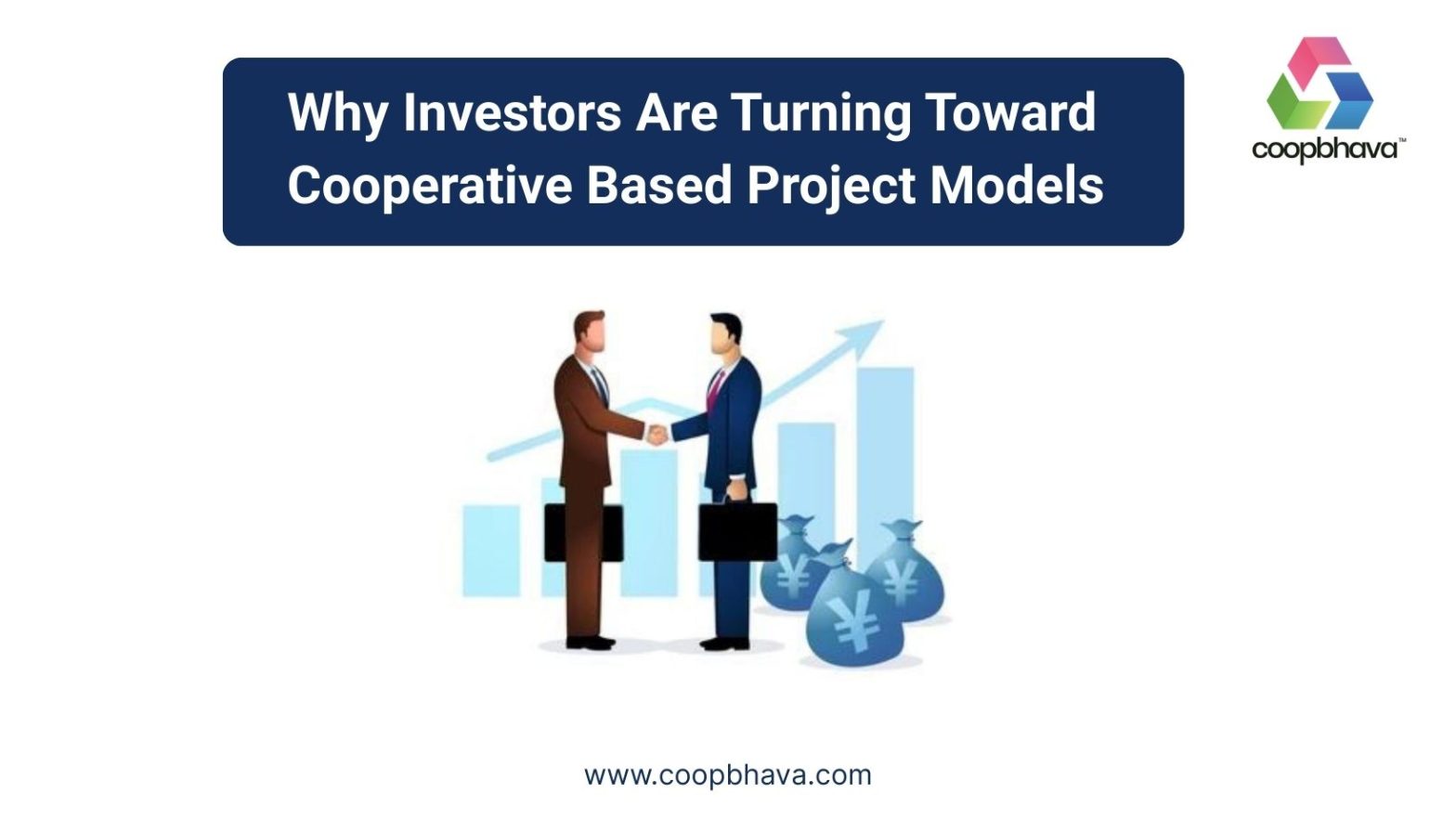
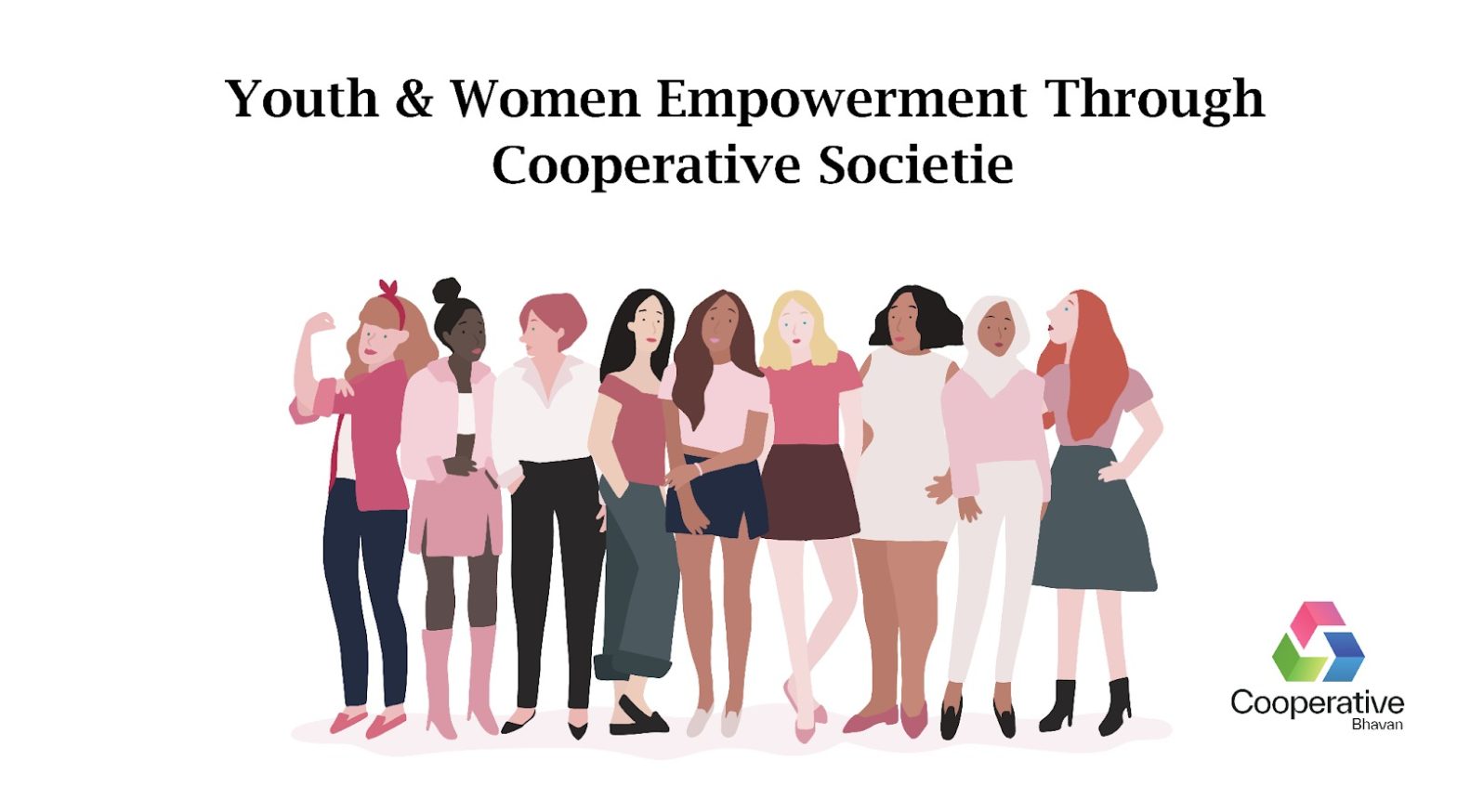

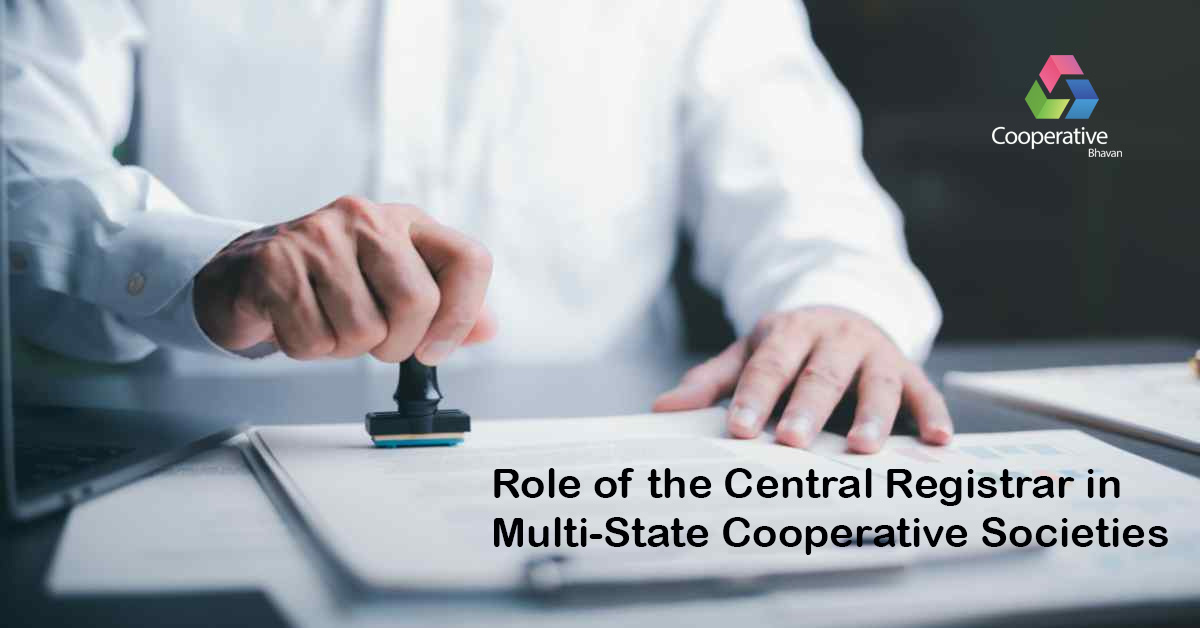

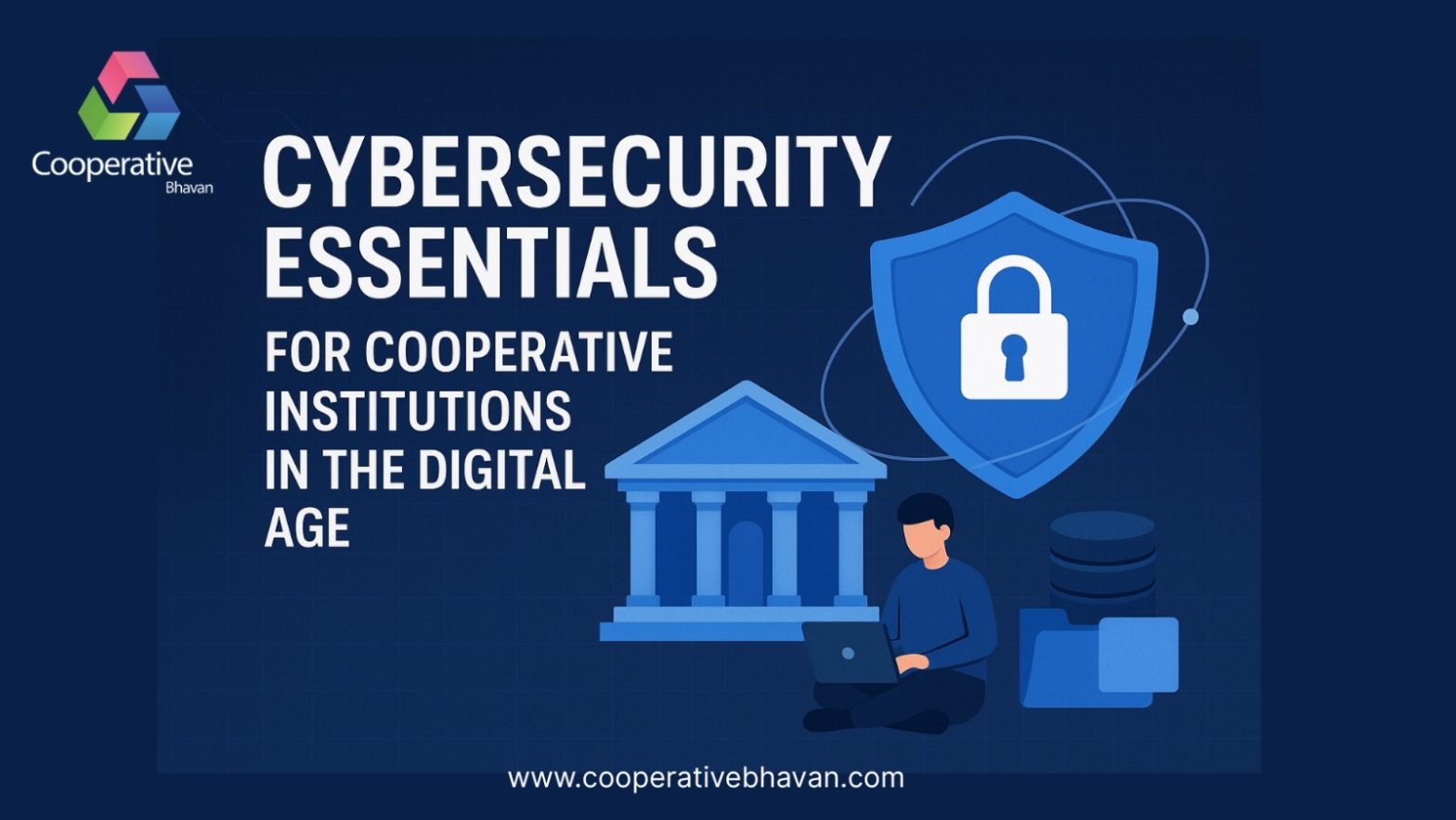


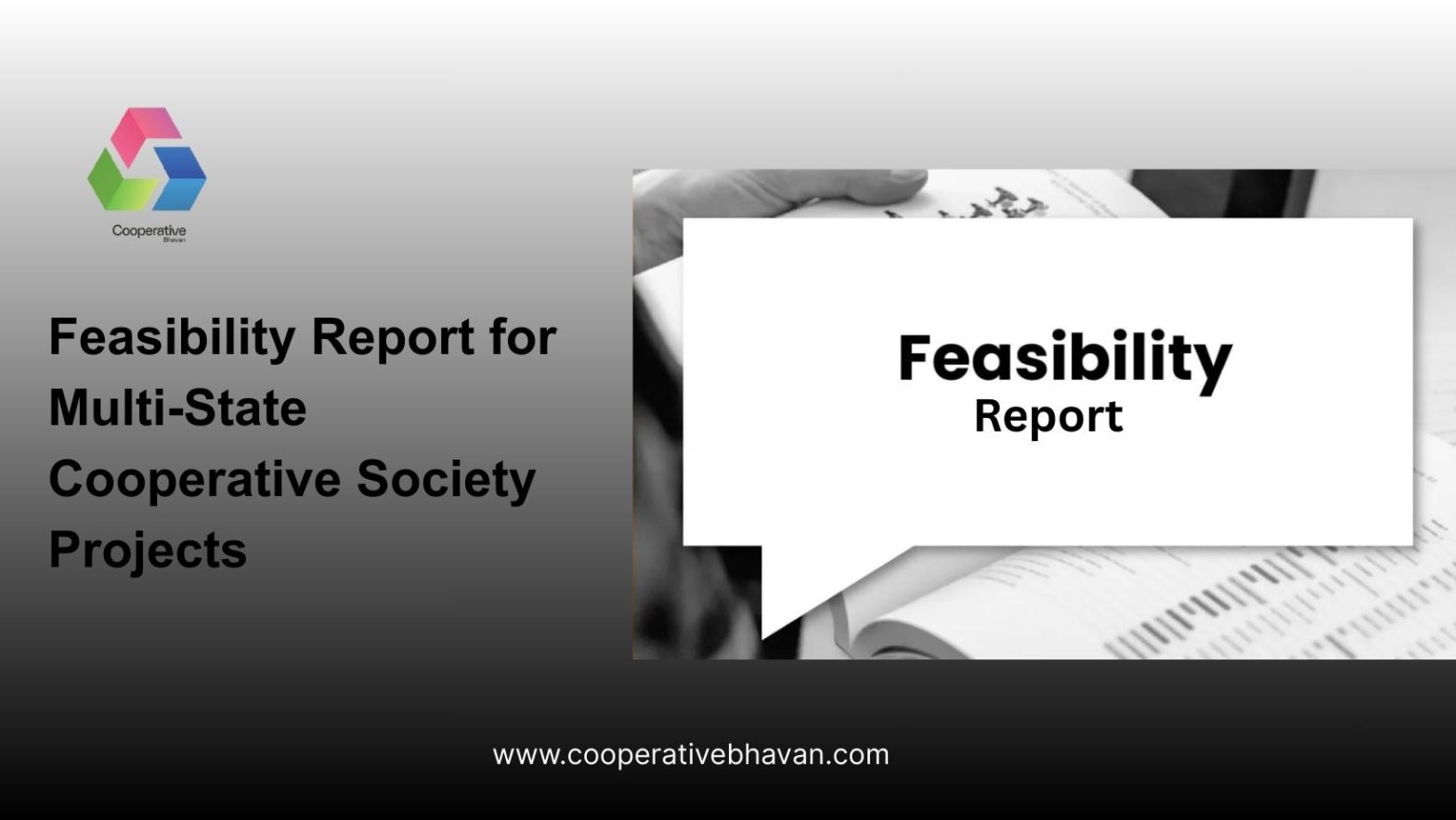
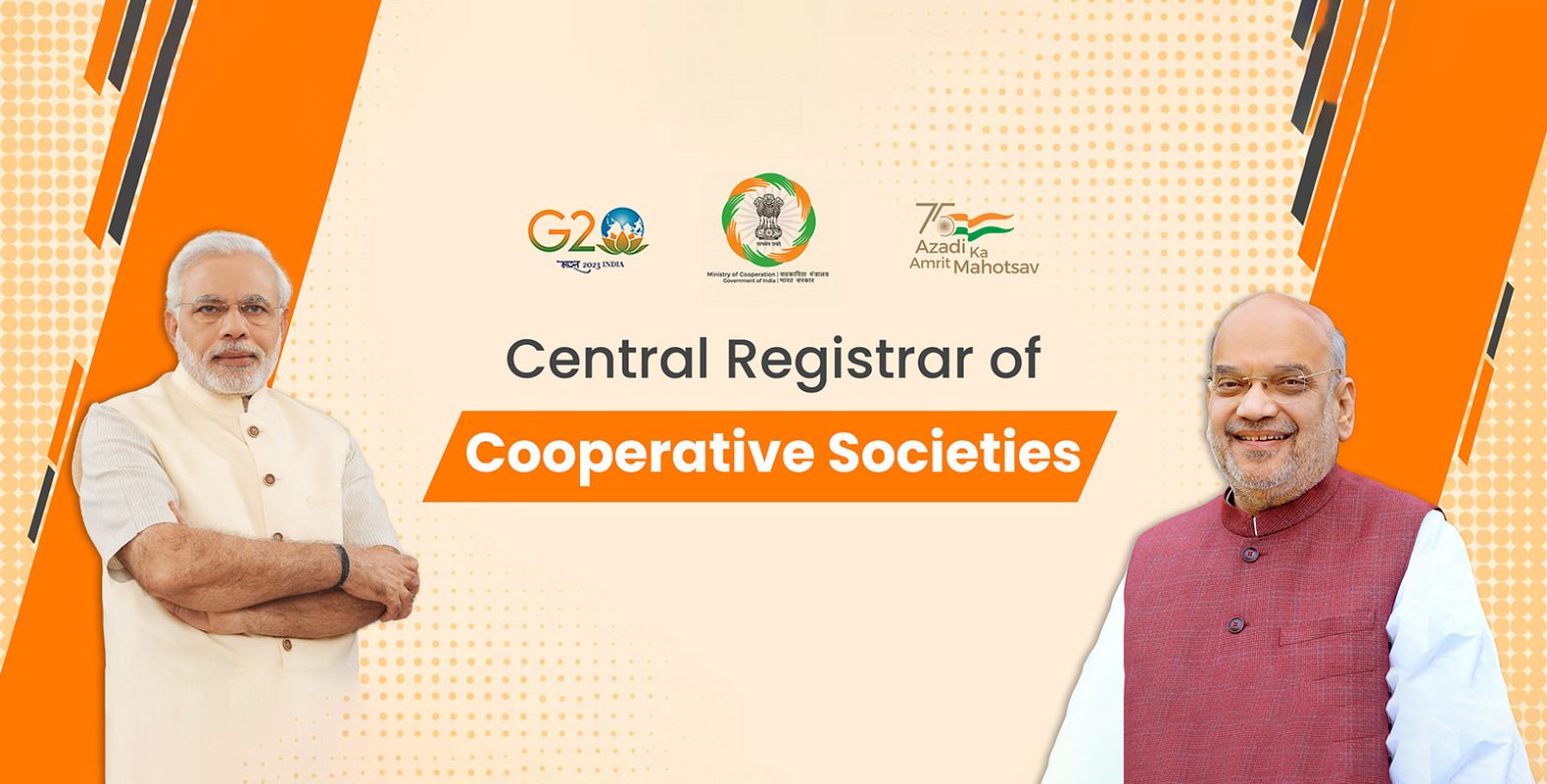
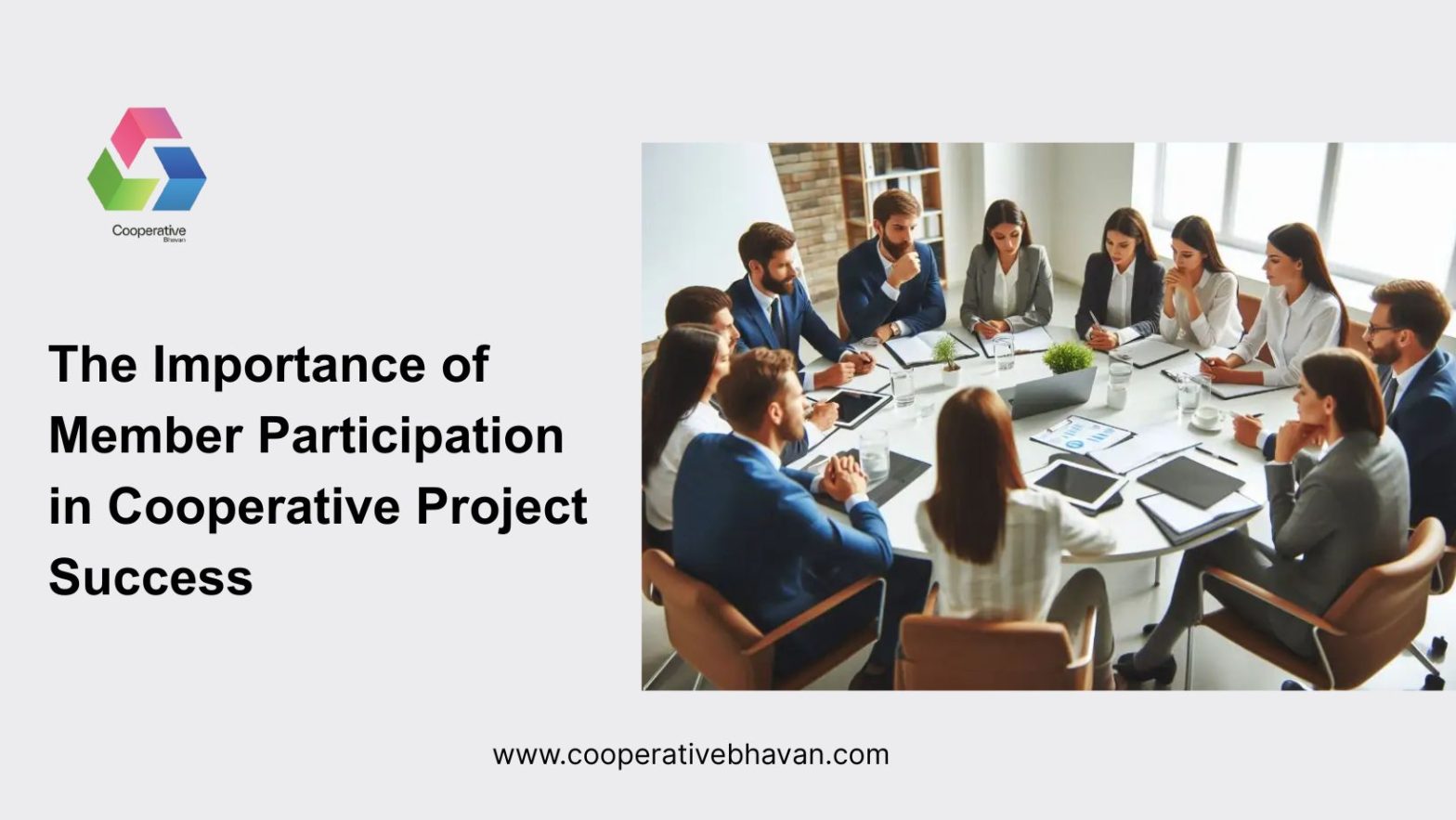


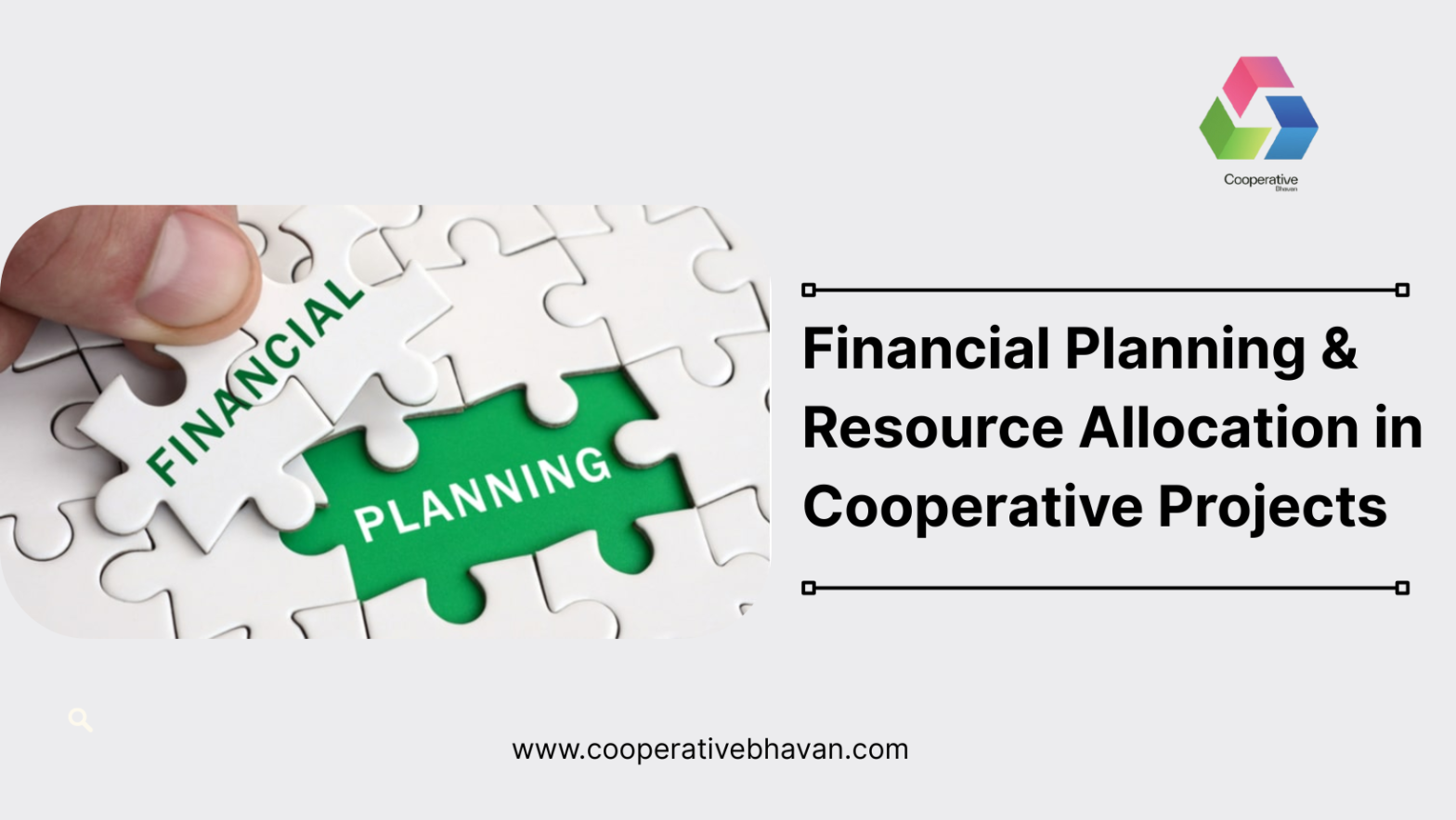
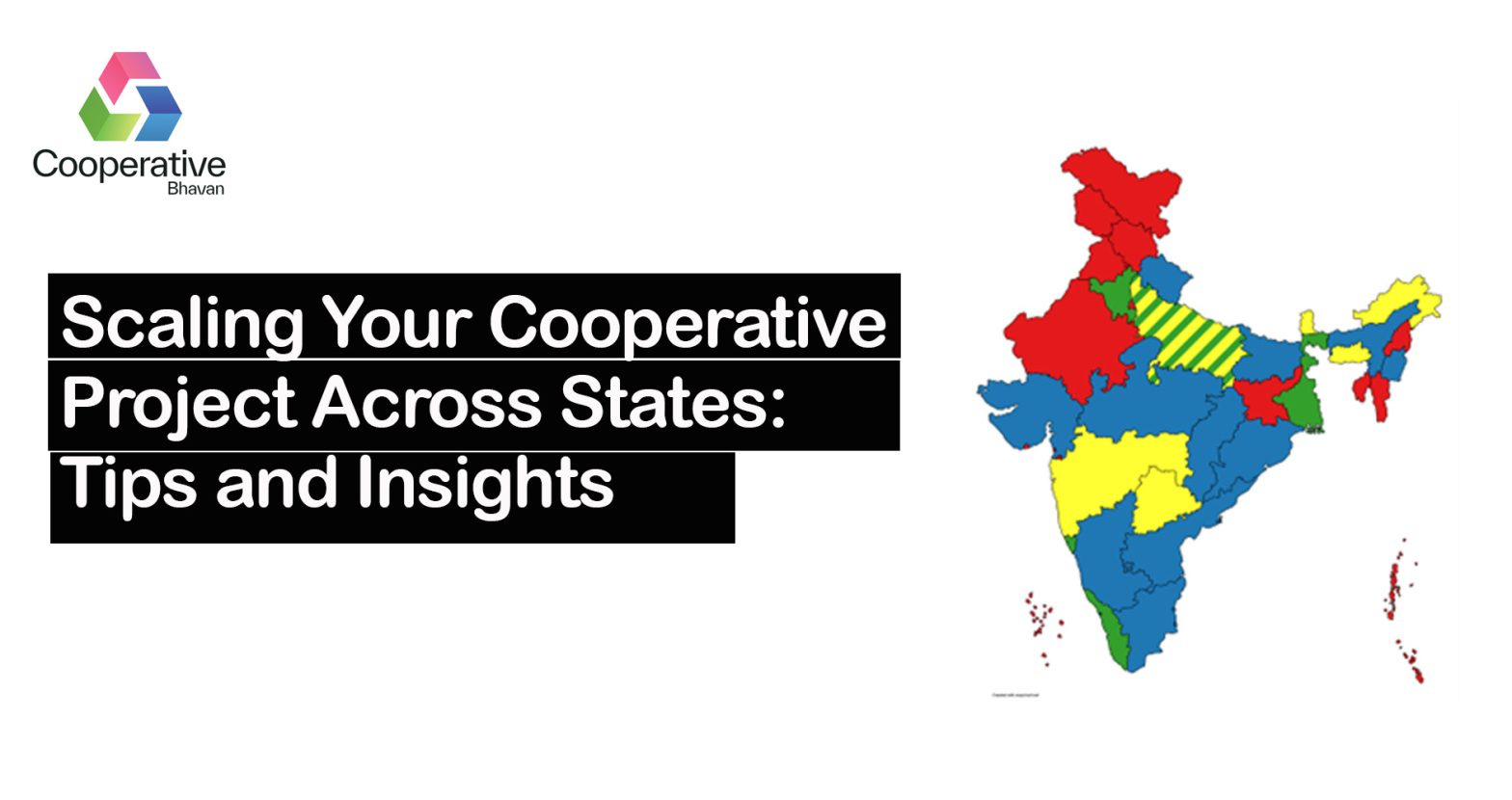
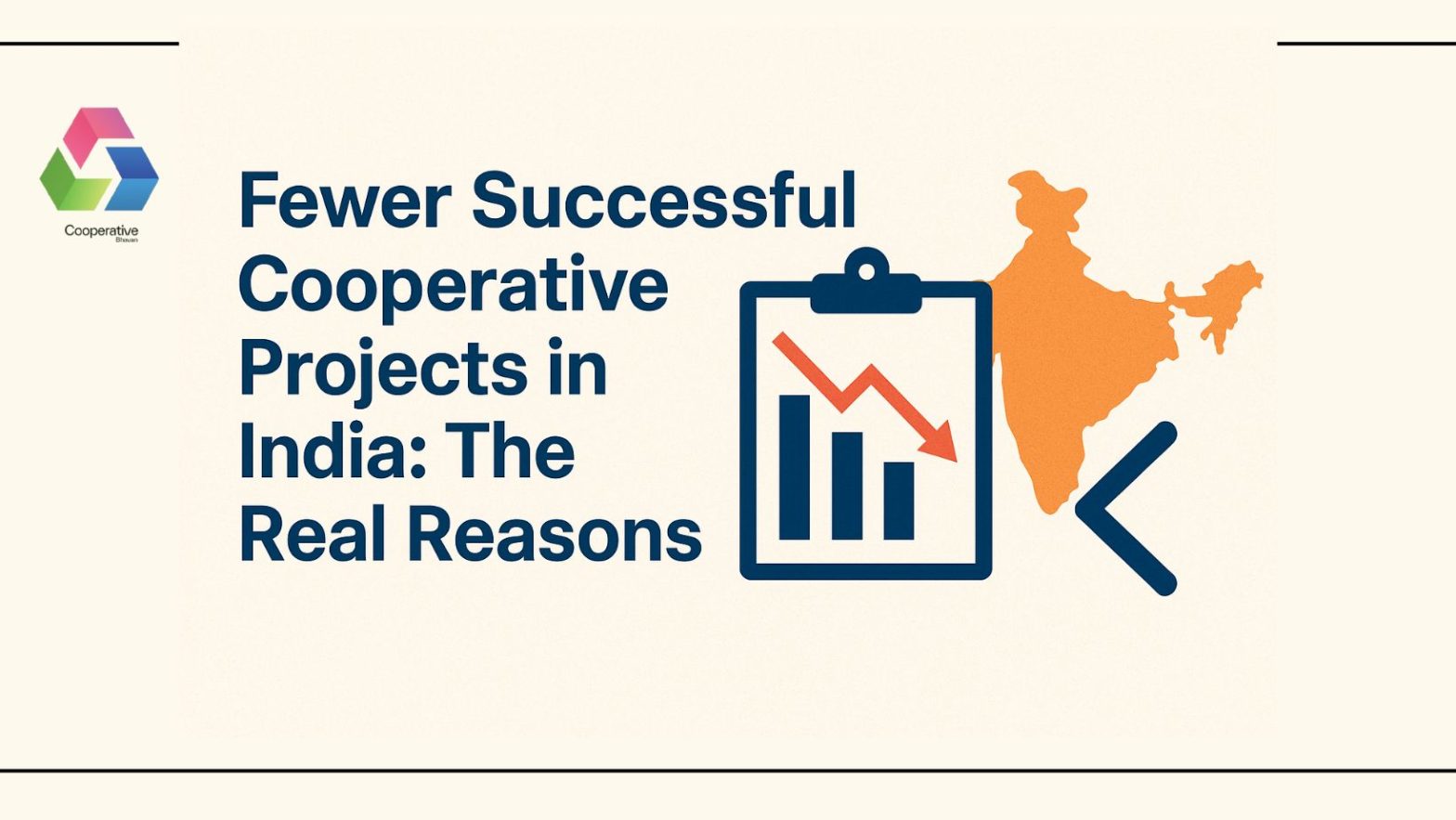


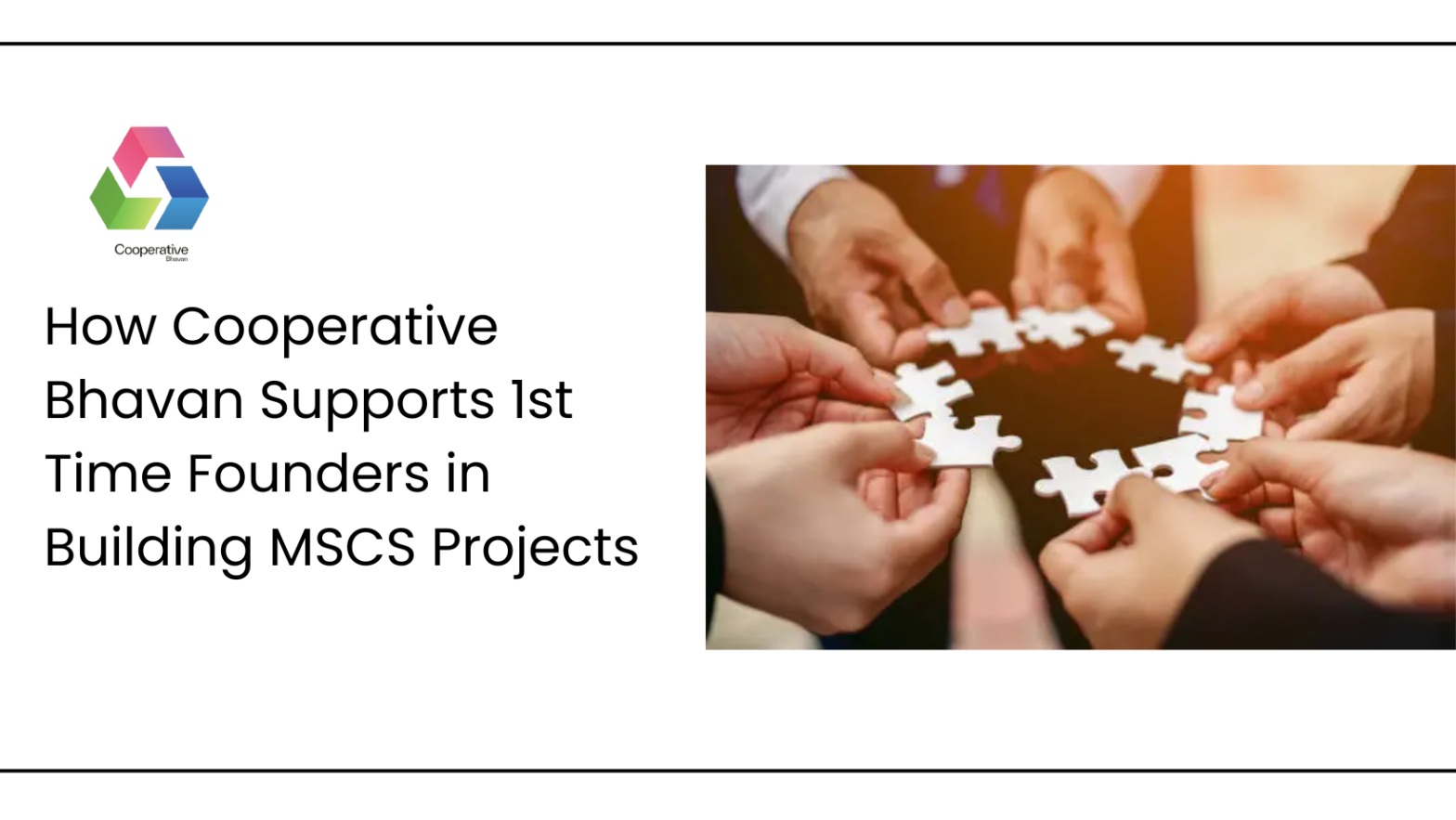


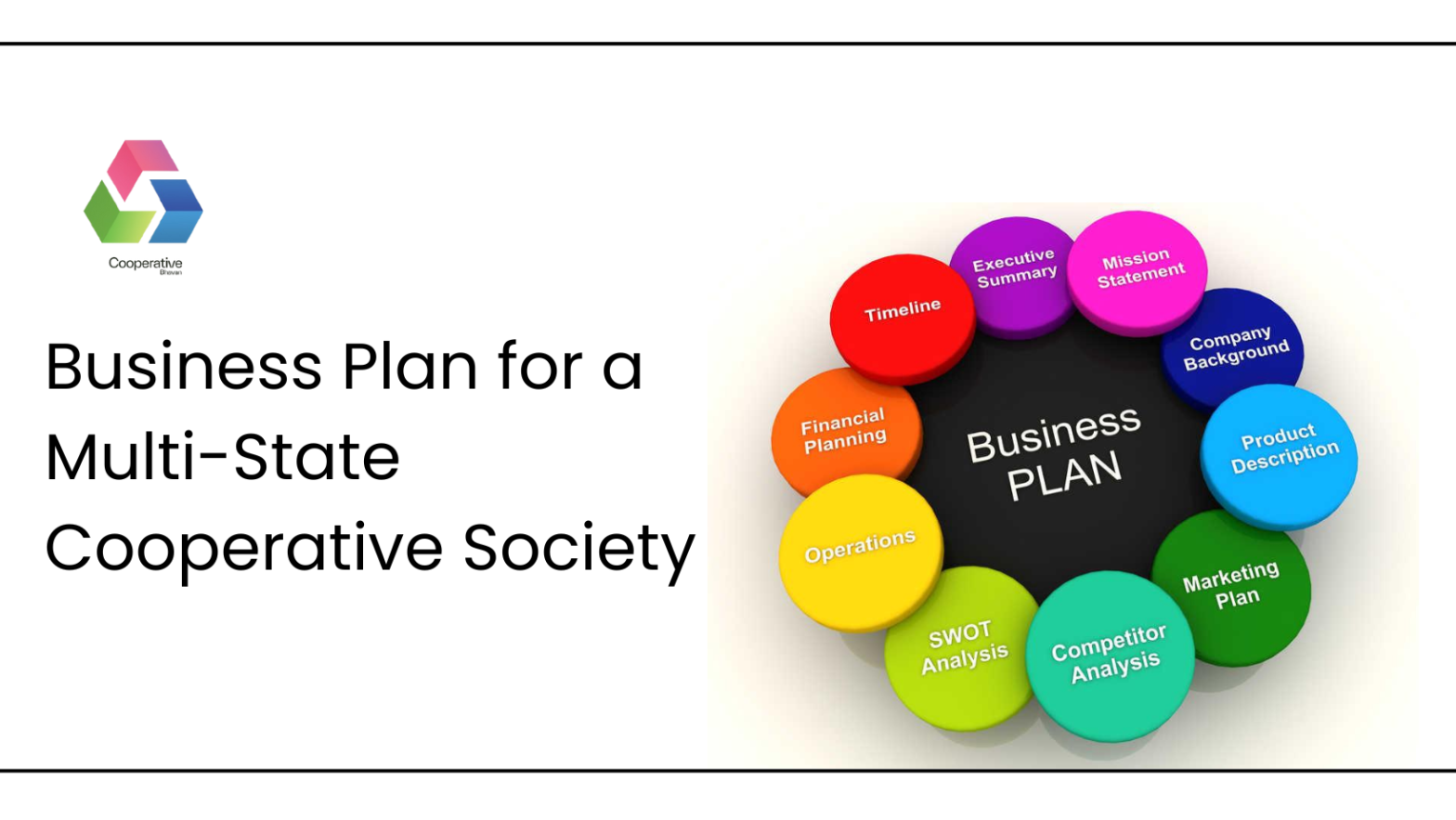


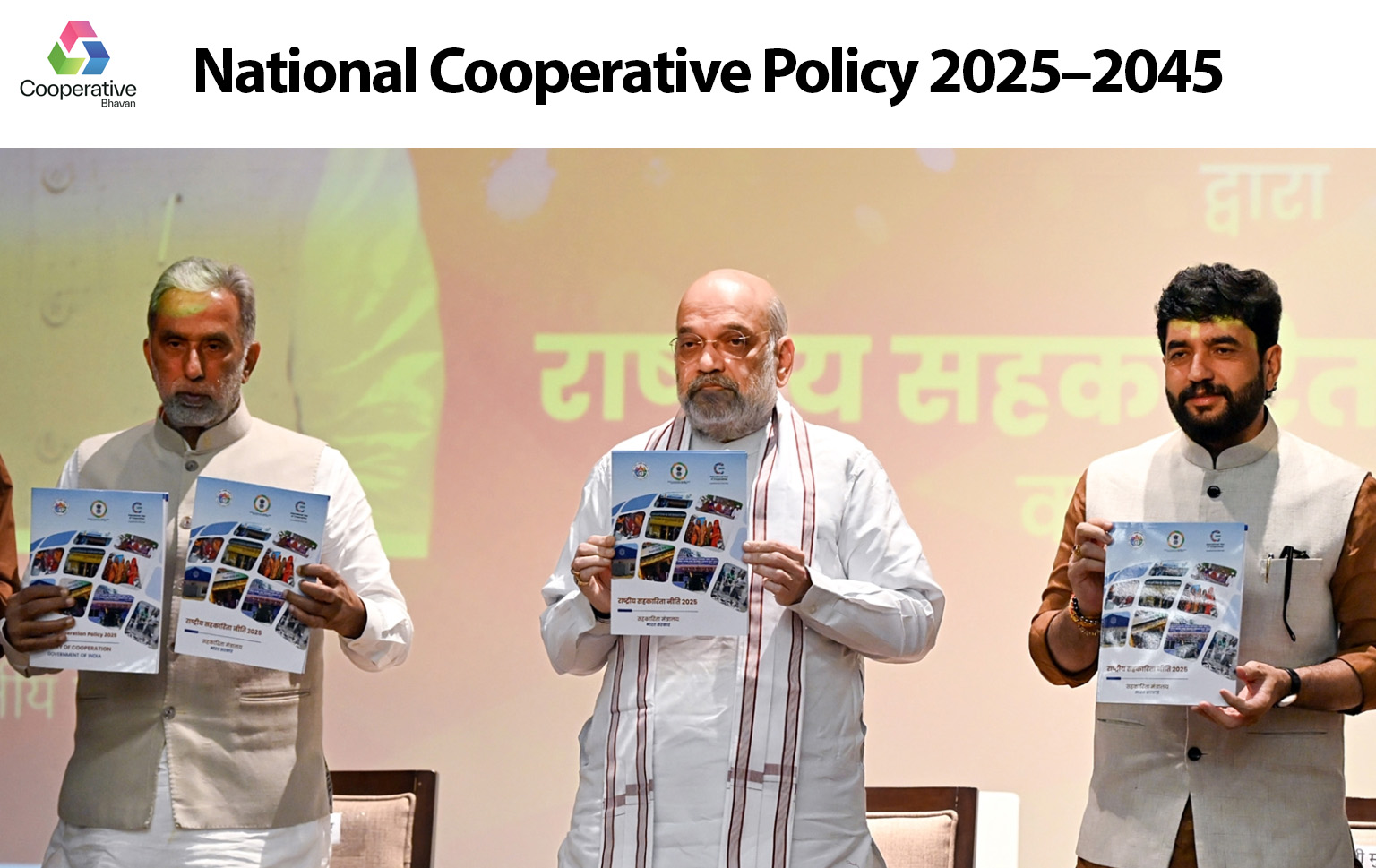

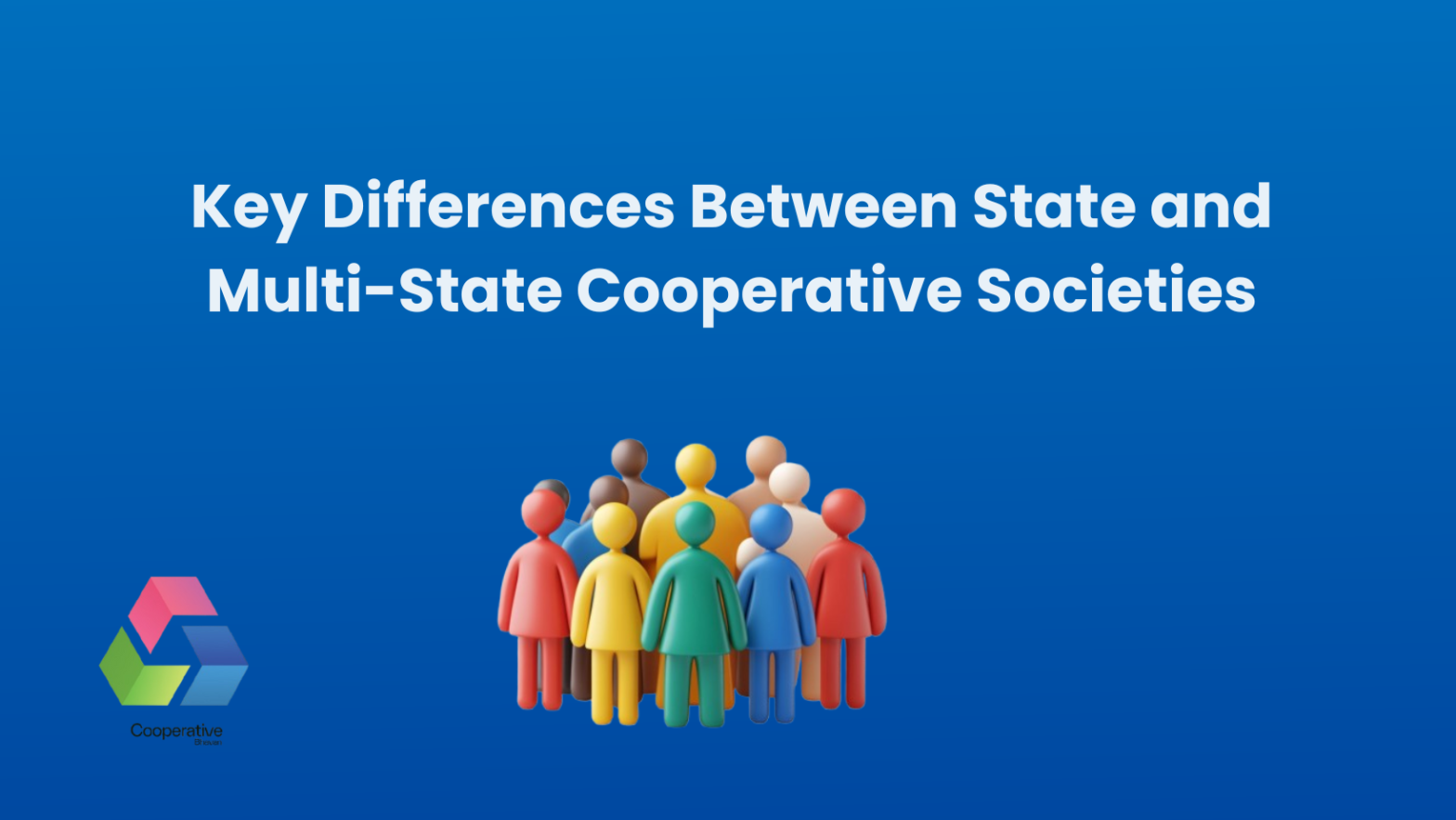
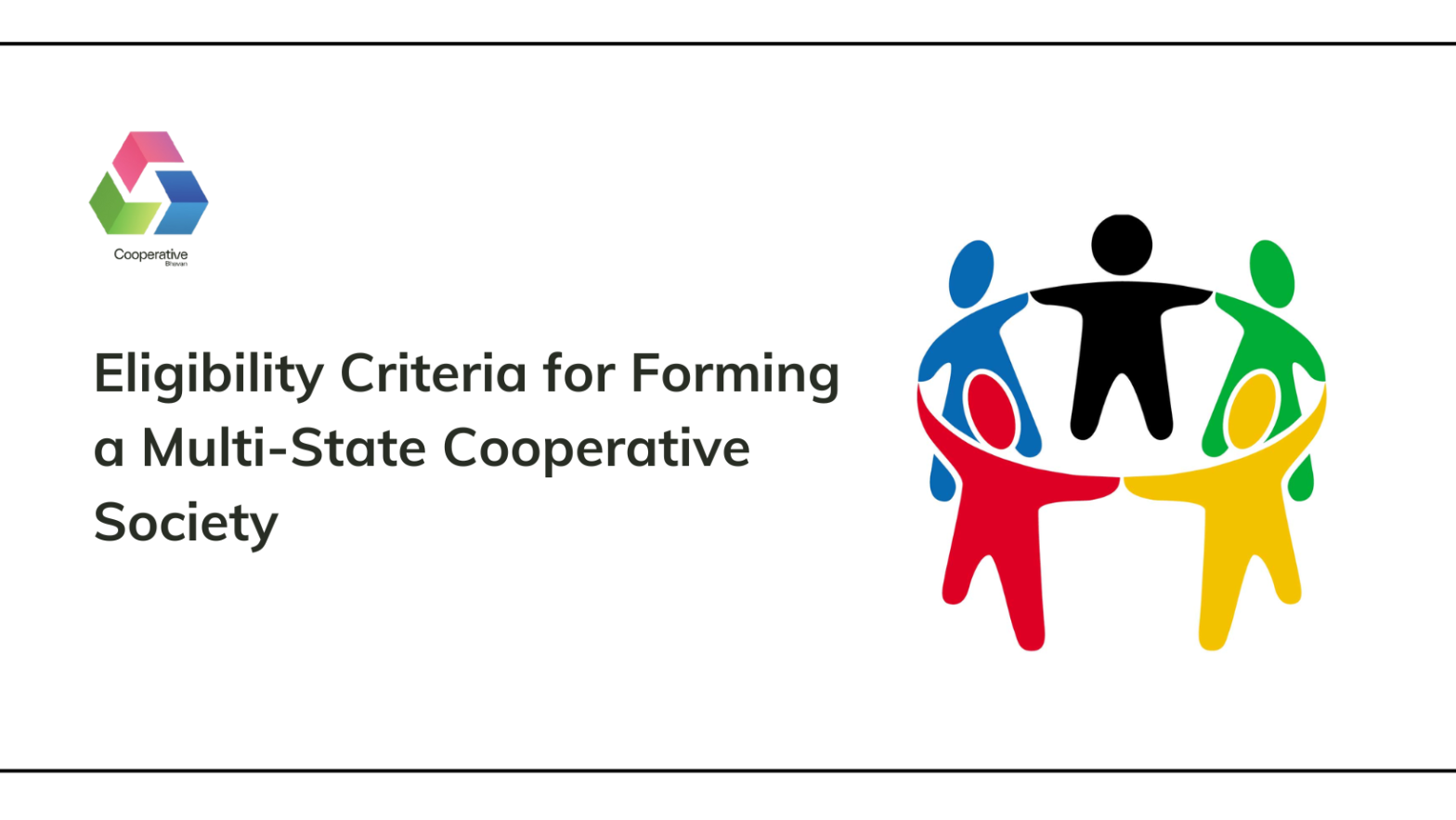
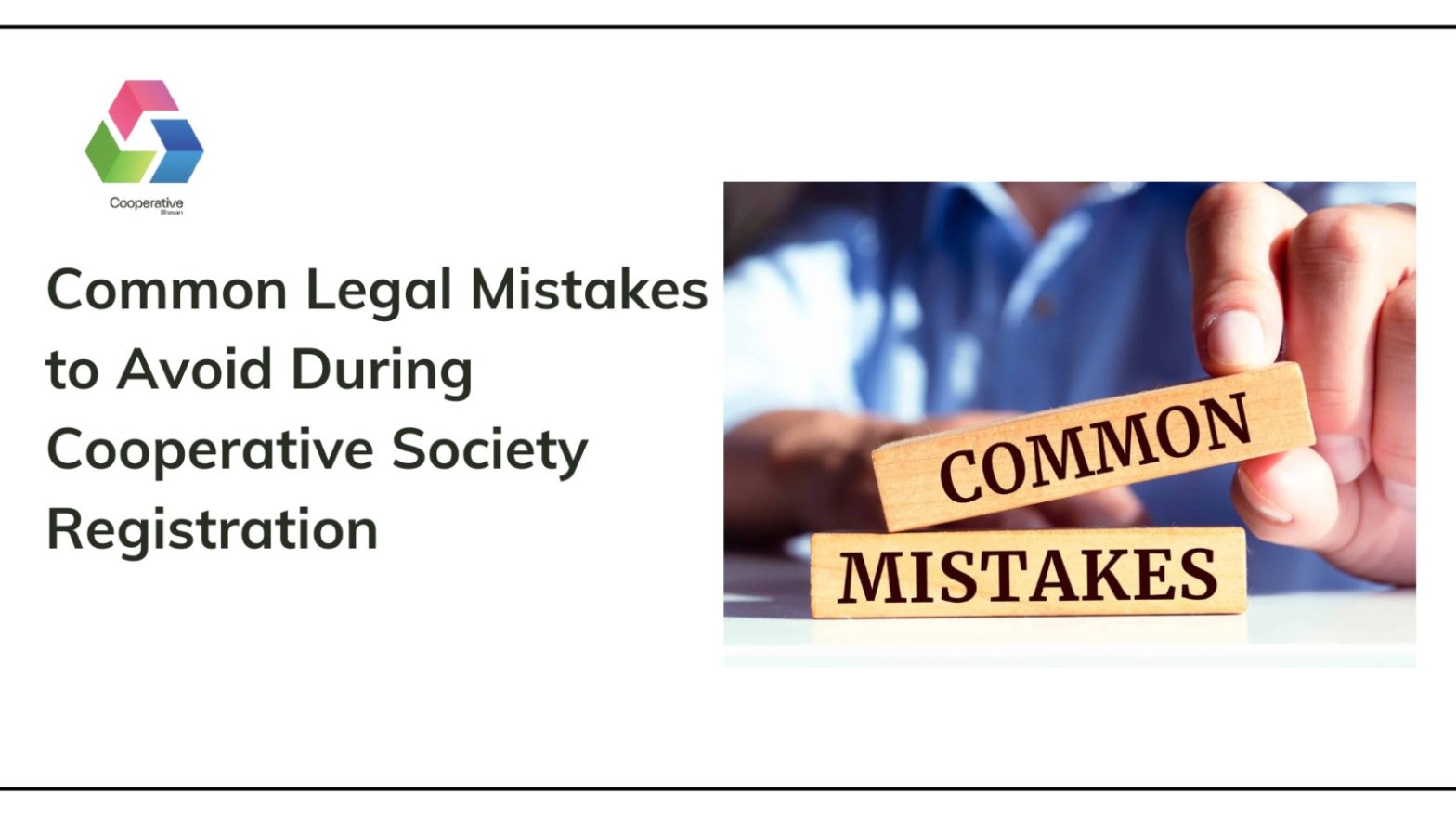




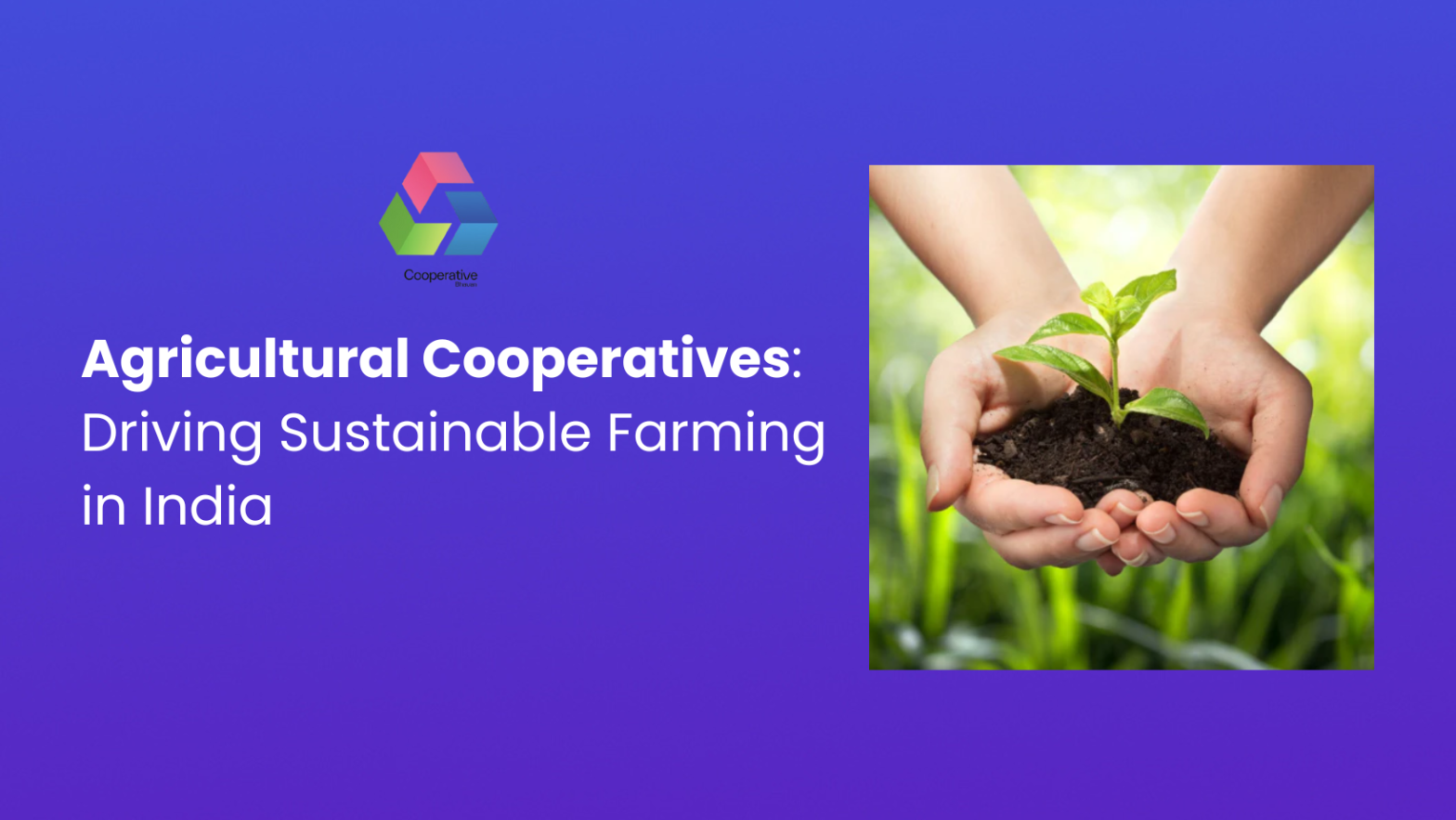

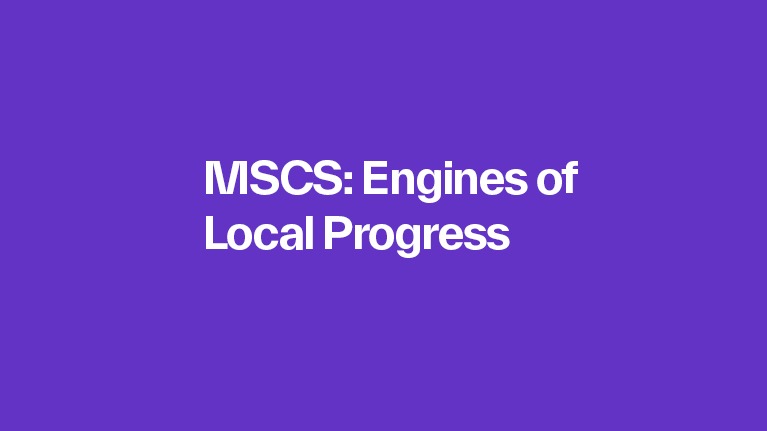




 Mail
Mail  Booking
Booking
 Call
Call